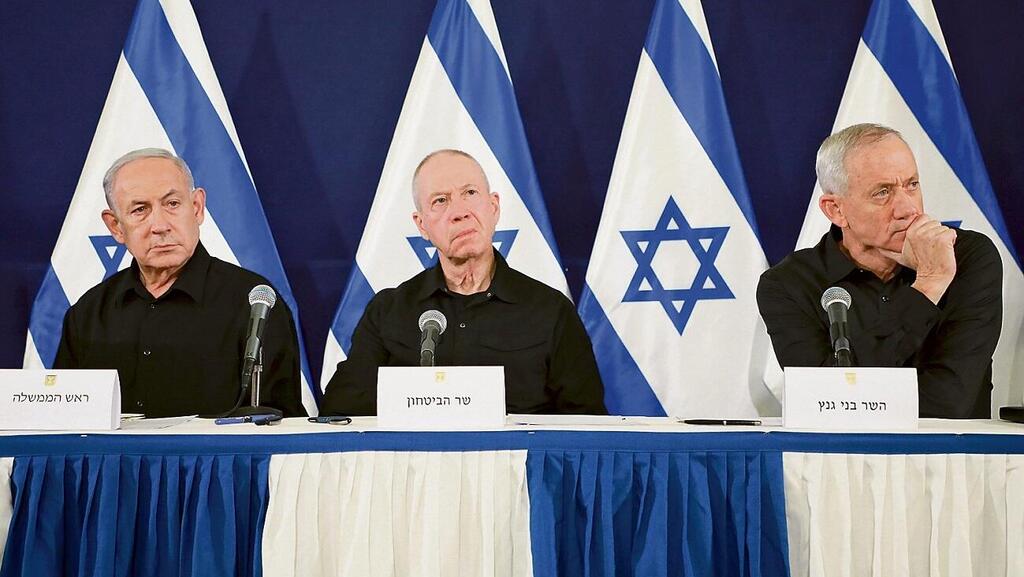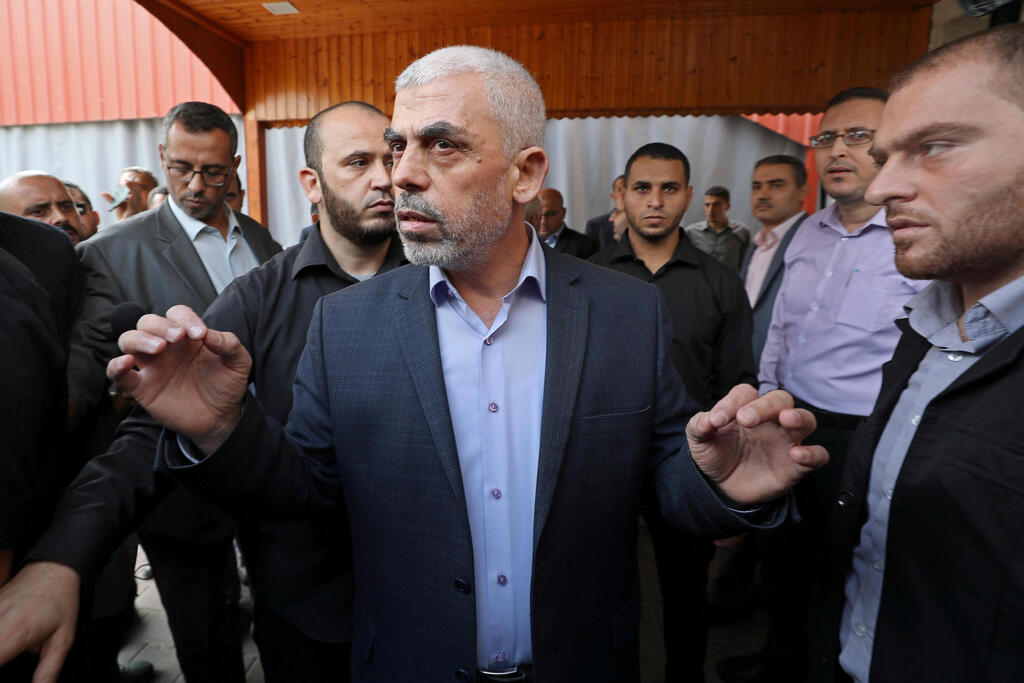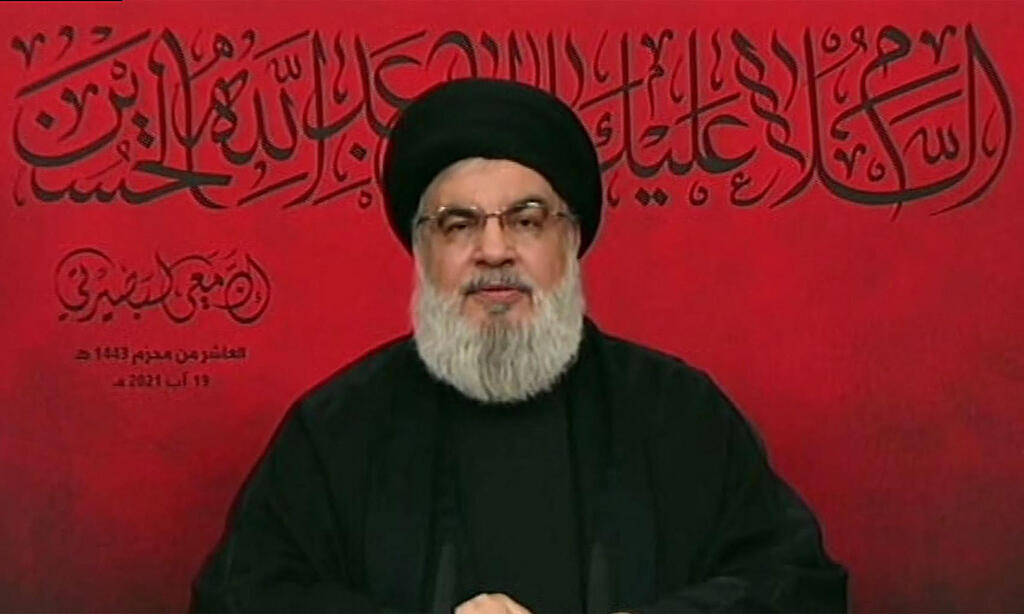After the previous hostage deal with Hamas went up in flames, the terror group was very clear: There would be no more deals before the end of Israel's war in Gaza and the IDF's full withdrawal. Israel believed Hamas leader Yahya Sinwar regretted his decision to agree to the release of 100 hostages (77 Israelis and 23 foreigners).
Read more:
Hamas wanted to believe the Israeli public would not be able to return to war and that the pressure to bring back the hostages and the increasing number of casualties would lead to the war's natural conclusion.
When the war resumed - contrary to various predictions, including those heard in Israel - the "resistance axis" realized Israel's determination was real. The fundamentalist belief in the internal weakness of Israeli society proved to be false. The IDF' progress in the Gaza Strip is impressive and substantial losses don't significantly impact the consensus of supporting the war.
On Wednesday, Hamas representatives will give their response to Egyptian and Qatari officials regarding the possible deal. If Hamas still insisted on a definitive end to the war, it could have done so immediately. But it didn't. If indeed Hamas decided to remove its main condition of a cease-fire in Gaza, this would mean a significant Israeli achievement. It is a direct result of the successes in the war in Gaza, particularly in Khan Younis - above and below ground.
Israel would like the deal to happen. The critical reason for this is well known: the return of the hostages. The accusations repeatedly heard in Israel in recent weeks, as if this objective became secondary or forgotten, lack factual basis. No issue has a stronger consensus among the War Cabinet and, and security officials of all levels.
Prime Minister Benjamin Netanyahu faces sharp criticisms accusing him of delays and lack of determination in leading the deal. However, even he recognizes the significance of the captive's return. The Mossad, Shin Bet, IDF Chief of Staff, Major General Nitzan Alon, the Hostages and Missing Persons Families Forum, the Americans, and the War Cabinet won't allow him to keep the hostages in Gaza.
The U.S. national security spokesman John Kirby's response to Netanyahu's remarks, "He is free to speak for himself, progress has been made in the captive deal," provides evidence for this.
Qatar and Egypt give the impression that the deal is very close to being concluded. Its outcome depends on Hamas' response, and it is advisable to wait for it. The issue of the price is complex and challenging. During his speech at the Bnei David Yeshiva in the settlement of Ali, Netanyahu said the IDF won't withdraw from the Gaza Strip and thousands of Palestinian terrorists would not be released.
This likely refers to the first stage of the deal, where up to 40 Israelis are expected to be released. However, the release of the hostages requires two additional stages. Ultimately, considering the precedent set by the Gilad Shalit deal, where over 1,000 prisoners were exchanged for one IDF soldier, it's possible the number of released Palestinian prisoners will reach into the thousands, standing against Netanyahu's promise.
The strategic and consequential questions of the deal outweigh the number or identity of those prisoners. For instance, will Israel withdraw from the Netzarim Corridor, allowing Gazans to return to the northern part of the Strip? This won't happen in the initial stage, but what about the subsequent phases? Additionally, will Sinwar and his cohorts receive immunity, and what form will that immunity take? Could Sinwar hold a "victory" conference in Rafah? Two months isn't a brief intermission.
The deal also serves Israel strategically by providing an opportunity to reach a settlement in the northern border that'll prevent war and facilitate the Israeliresidents' return home. While Hezbollah refrained from attacking during the prior pause in fighting, Israel - contrary to Defense Minister Yoav Gallant's stance - now seeks a long-term cease-fire lasting one and a half to two months.
Israel hopes this will entice Hezbollah to become more flexible in its position. As long as the war in Gaza continues, attacks in the north will continue. During this period, Israel can consider allowing some residents to return home, expedite the diplomatic process with U.S. envoy Amos Hochstein, and prepare for the possibility of an IDF operation in Lebanon if all other efforts fail.






